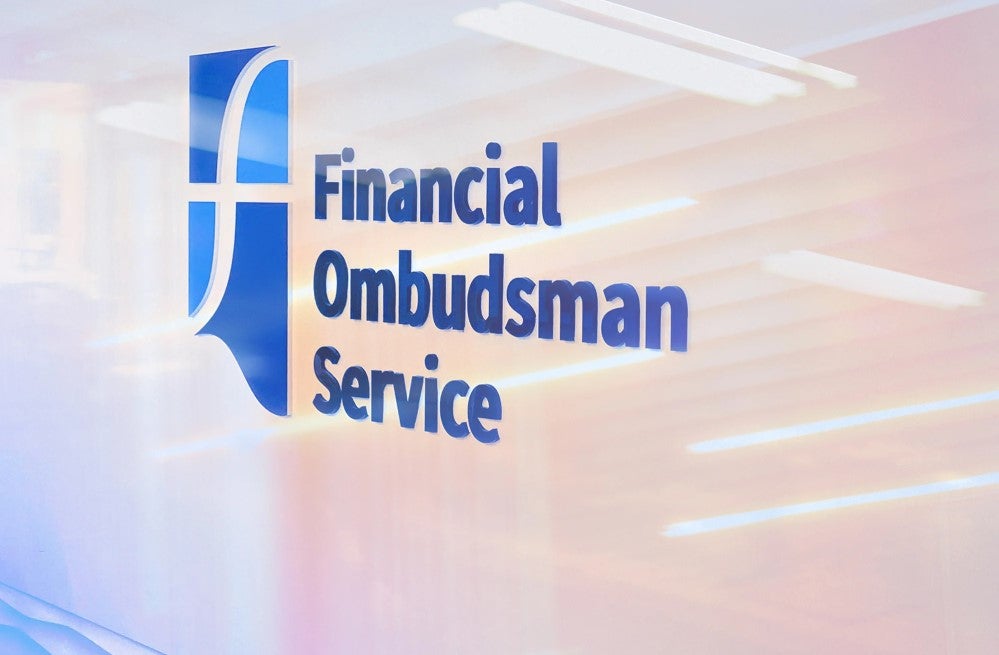
The motor industry has reacted positively to Chancellor George Osborne’s decision to freeze fuel duty for a sixth year in a row, and bring claims management firms under Financial Conduct Authority (FCA) regulation in his 2016 Budget.
The decision to freeze fuel duty surprised a number of commentators, who reacted positively to the news.
According to Leaseplan UK managing director, Matt Dyer, the fleet provider was ‘extremely surprised’ by the announcement. He added: "This is a welcome boost to UK households and businesses saving an average of £75 per driver. Not only will this help UK motorists, it will also be a continued reprieve to those who work in logistics, with light commercial vehicles expected to save an estimated £270 per year."
Similarly, Rupert Pontin, head of valuations at Glass’s, said: "The main headline in terms of motoring is that, contrary to many forecasts, duty on fuel will be frozen again. This is clearly good news for anyone who drives a vehicle of any kind, as are the new road infrastructure projects that have been announced and the reductions in tolls for the Severn Crossing."
Ashley Barnett, principal consultant at Lex Autolease said the freeze was particularly helpful in alleviating concerns that the downward trend in fuel prices could easily be reversed should oil prices recover or if the pound were to depreciate.
Barnett went one step further, however, and suggested the chancellor actually reduce fuel duty: "The ongoing freeze on fuel duty means that the impact of any future rise will be more keenly felt by businesses already burdened by some of the highest fuels costs in Europe. A move by the Chancellor to reduce fuel duty in future Announcements would help to ensure that firms are not priced off the road."
How well do you really know your competitors?
Access the most comprehensive Company Profiles on the market, powered by GlobalData. Save hours of research. Gain competitive edge.

Thank you!
Your download email will arrive shortly
Not ready to buy yet? Download a free sample
We are confident about the unique quality of our Company Profiles. However, we want you to make the most beneficial decision for your business, so we offer a free sample that you can download by submitting the below form
By GlobalDataThe Finance & Leasing Association (FLA) was particularly happy with the move to clamp down on claims management companies (CMC). In the budget it was revealed that the government intends to clamp down on CMSs which provide a bad service and bombard customers with nuisance calls. As a result, the Government intends to cap the amount CMCs charge, and in the Budget announced its intention to transfer responsibility for regulating CMCs to the FCA.
Fiona Hoyle, head of consumer and mortgage finance at the FLA said: ""After many years of campaigning for a more robust regulatory regime for Claims Management Companies, we welcome the Government’s decision to ask the FCA to apply such a regime so that CMC customers can be confident of fair treatment."
ULEV vehicles
In the budget it was also revealed that the 100% First Year Allowance for businesses for purchasing low emissions cars would be extended for a further three years, to April 2021.
However the main rate threshold for capital allowances for business cars is to be reduced from 130 grams/kilometre (g/km) of CO2 to 110rams/kilometre. The change will take effect from April 2018.
Eddie Amaro, principal consultant at Lex Autolease noted that at the time of writing, approximately 50% of the Lex’s fleet falls between 130 g/km and 110g/km
Amaro added: "However, Lex Autolease data indicates that car fleet emissions are moving in the right direction. The average CO2 emissions on the Lex Autolease fleet to the end of August 2015 was 119g/km – down from 124g/km at end of August 2014 – and new cars delivered by end of August 2015 had an even lower average of 114gkm.*
"We believe that at the time of the new regime’s introduction in April 2018, customer fleet average emissions should be around the 110g/km mark. Though this still precludes a significant portion of vehicles which have emissions above the median, it is coherent with the downward direction of emissions levels."
The Budget also revealed a consultation on reforming the lower CO2 bands for ULEVs, to refocus incentives on the cleanest cars beyond 20-21.
Mike Hawes, chief executive of The Society of Motor Manufacturers and Traders (SMMT), said: ""The 2016 Budget contained some positive measures and we were pleased to see the Chancellor recognise SMMT’s call for greater support for energy efficient technologies, through both the extension of Climate Change Agreements and a forthcoming consultation on the future Company Car Tax treatment of ultra low emission vehicles."
Autonomous vehicles and roads
The treasury used the budget to reaffirm the government’s commitment to connected and autonomous vehicles.
The Budget revealed the government will:
– conduct trials of driverless cars on the strategic road network by 2017
– consult this summer on sweeping away regulatory barriers within this Parliament to enable autonomous vehicles on England’s major roads
– establish a £15 million ‘connected corridor’ from London to Dover to enable vehicles to communicate wirelessly with infrastructure and potentially other vehicles
– carry out trials of truck platooning on the strategic road network
– start trials of comparative fuel price signs on the M5 between Bristol and Exeter by spring 2016 to drive fuel price competition and help motorists save money
The Treasury also allocated £50m for filling up potholes in England in 2016, which it said should enable local authorities to fil nearly one million potholes. It said it would also provide a further £130m to repair roads and bridges damaged by Storms Desmond and Eva.
In the more long term, it was revealed that the government plans to increase capital investment in the transport network by 50% over the Parliament compared to the last, to £61bn.







